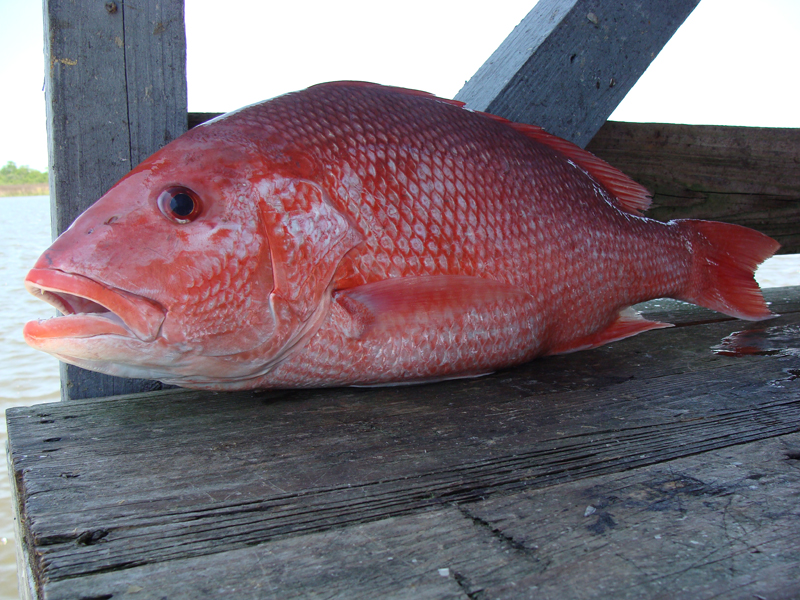

Florida is one of the best locations for fishing on the planet. A mix of pristine ecosystems, waters full of fish and weather conditions mean that this southeastern state draws in tens of thousands of people every year to its waters to try and reel in the catch of a lifetime. Whenever you are going fishing, it is important to remember that regulations are in place to protect the anglers, the water, and nature. You need to comply with the rules if you want to have a good time while still within the law. Here is the rundown for Florida fishing permit regulations.
Who needs a permit?
In short: everyone. If you plan on attempting to take fish from the water, then you will need a license for it. If you are going saltwater fishing, then you need a license to attempt to take anything from the water including fish, crabs, and lobsters. You are also required to have a permit if you are going to assist in the process, and this even includes people passively assisting by baiting hooks. It is important to know that as a rule of thumb, that everyone should be licensed when fishing.
Is anyone exempt?
Yes, there are some exemptions. You do not need a saltwater permit if you are a child under the age of 16. Also, if you are a Florida resident who is over the age of 65, you are also not required to have a permit. Officers are allowed to ask for proof of age or residency, though. Those who are only observing and not assisting in the fishing process are also exempt from licenses. Many towns may have free fishing days, and some even pay in totality for fishing licenses from piers so that visitors can have a good time without worrying about licenses, so make sure to check before you go.
Note: If you are fishing on private property at a friend’s or relatives, then you do not need a license if the pond is 20 acres or less.
Shoreline Saltwater Fishing
If you are fishing from the shoreline or a structure fixed on land for saltwater fish, you are required to have a shoreline saltwater fishing license. Residents can get them at no cost aside from fees, and visitors will have to pay for a 3 day, 7 day, or annual one unless they are using a pier with a pier license.
Fishing in Florida is a fun, unique, and potentially thrilling experience. With some of the best weather and water for fishing in the world, it is an experience like no other. The Sunshine State should be on the bucket list for all devoted fishermen. It is important to comply with the rules, though. So make sure you understand Florida fishing regulations before you make your way down.





